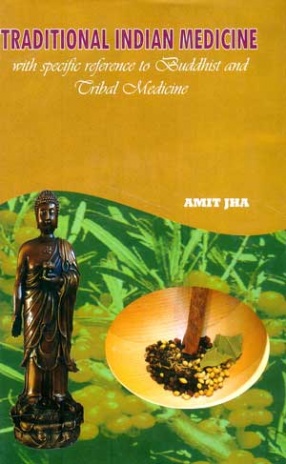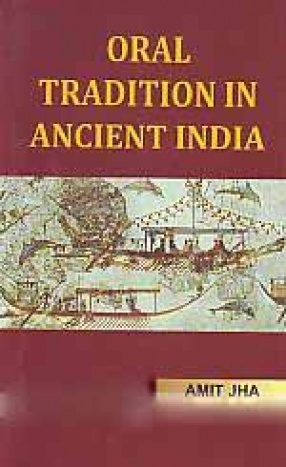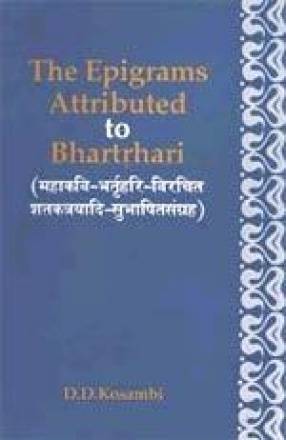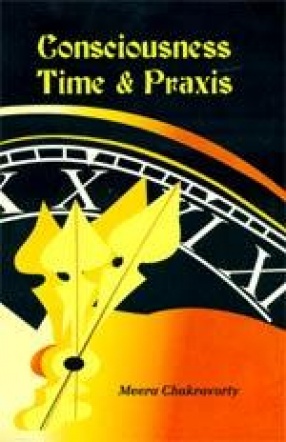Traditional medical science in India, is to some extent, gradually accumulated practical and systematic knowledge. They are (viz. Ayurveda, Siddha, Unani, etc.) very ancient, deep rooted and codified. They have their origins in the remote past, their systematisation and canonisation gave rise to the elite (the Greater Tradition) medical science.
This work has been organized around two interrelated themes: (a) to highlight the existence of the Ayurveda, Buddhist medicine, Tribal medicine, etc., as integral components of traditional medicine in India and then (b) examine the evolution of the Tibetan Medicine (Sowa Rigpa), a hybrid Buddhist medicine as a creative combination of Ayurveda, the Himalayan (Tribal) medicine and Buddhist medicine. Tibetans use an ancient form of medicine known as Gso-wa Rig-pa or Sowa Rigpa based on Buddhism. Sowa-Rigpa means 'science of healing' and the practitioners of this medicine are known as Amchi (superior to all). It has been practiced in Tibet, the Himalayan regions and central Asia since ancient times. Sowa-Rigpa originated from India1 and it is still practiced in Ladakh and Paddar-Pangay regions of Jammu and Kashmir, Himachal Pradesh, Arunachal Pradesh, Sikkim, Darjeeling- Kalimgpong (WB), etc., In recent times, apart from Asian countries, Tibetan medicine has also become popular in the western world especially in the USA and many European nations. But it's popularity in the Indian mainstream is still awaited. Therefore, in this work, we have tried to discuss Sowa Rigpa, exclusively.







There are no reviews yet.